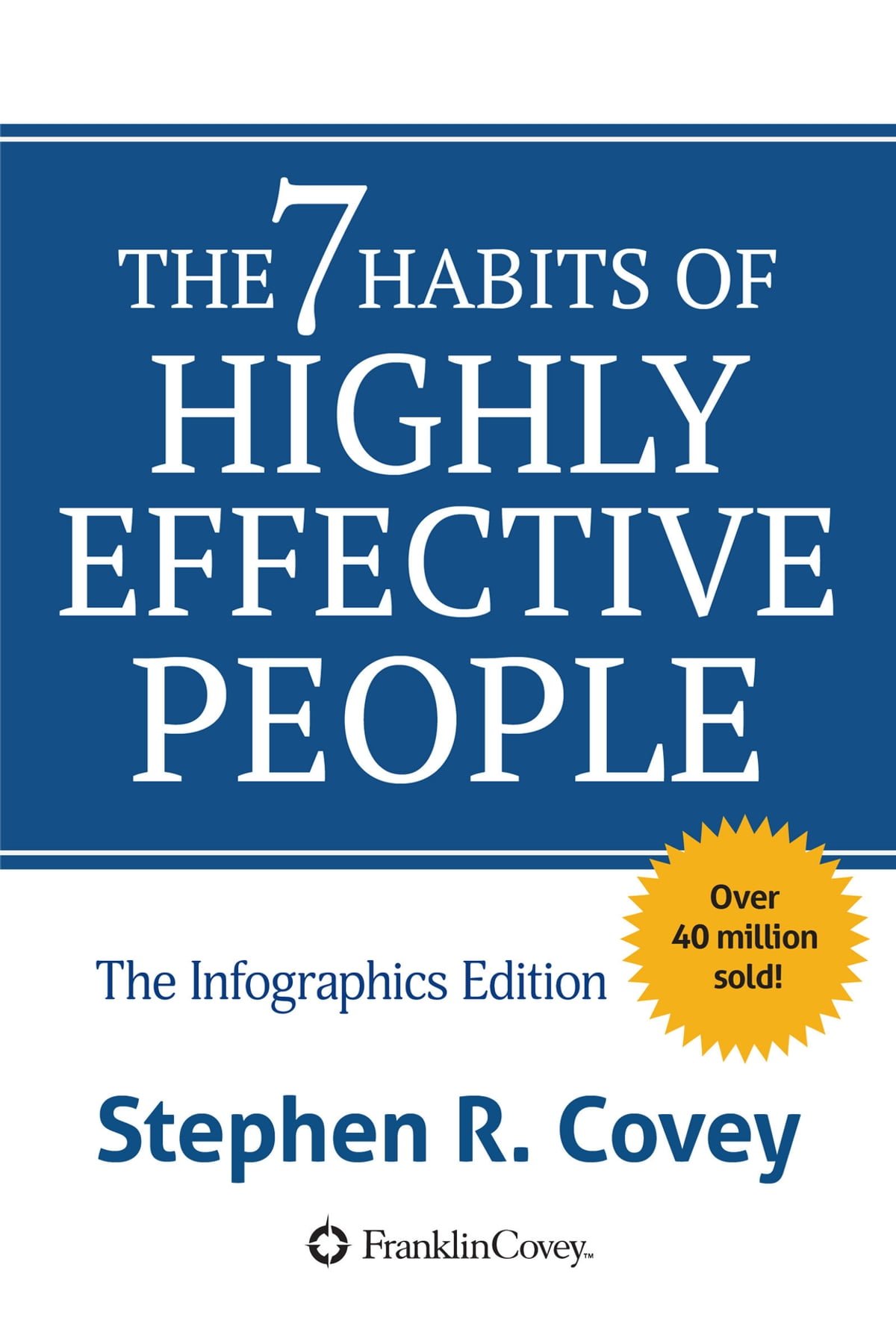Flow: The Psychology of Optimal Experience
Csikszentmihalyi studied optimal experiences across demographics and occupations extensively, coining the psychological concept of flow: “a state in which people are so involved in an activity that nothing else seems to matter; the experience is so enjoyable that people will continue to do it even at great cost, for the sheer sake of doing it.” In short, it describes a happy, almost zen-like state of mind that cultivates enjoyment and creativity, where one can be highly focused and wholly engaged with the task at hand.
A key concept is to recognise the difference between pleasure and enjoyment: the latter can only be experienced when substantial attention and energy have been invested in the activity. When our skill levels match our challenges, boredom and anxiety fade away, leaving enjoyment at their thin boundary. Once we realise how to actively cultivate this positive state of mind instead of leaving it to chance, we go on to unlock untapped creativity that is conducive to productivity and improving the quality of our lives.
Naturally, we prefer having a continuous flow experience and expect it to occur only when we are unencumbered by work. However, one surprising revelation is that free time is usually more difficult to enjoy than work, as it takes energy to structure it in a way where time is spent meaningfully. Similarly, while the same activities can be equally dull to different people, some learn to make a game out of it, squeezing enjoyment from even the most mundane tasks. So, there’s often a potential for flow in our daily lives; we just don’t realise it.
“The meaning of life is meaning: whatever it is, wherever it comes from, a unified purpose is what gives meaning to life.”
This book encourages flow while cautioning against over-relying on a singular flow activity. It explains flow as much more nuanced than a feeling of plain happiness, and despite being freaking exhausting to read, it will be a lifesaver for those experiencing burnout. Bottom line? Whatever we do in life, expending energy that would be wasted otherwise is more important than reaching our goals.
Common prerequisites for experiencing flow:
The task has a possibility of completion
The task enables concentration
The task has clear goals
The task provides immediate feedback
The task requires involvement deep enough to remove other stressors from awareness
One can exercise a sense of control over actions
One’s sense of self disappears during the experience yet emerges stronger afterwards
One’s sense of time is altered — hours fly by or minutes stand still when you’re completely engrossed in the task
This post may contain affiliate links, meaning when you click the links and make a purchase, we receive a commission.
Related Posts





